The Science-Backed Health Benefits of Growing Your Own Food
/If you’re looking for a natural way to improve your physical and mental health, reduce stress, and eat healthier, take a look at your own backyard (or windowsill, deck, or sunny room). Gardening is not just a fun and rewarding hobby—it’s a scientifically proven way to improve your well-being. From boosting immunity to providing essential exercise, growing your own food offers a number of health benefits that make it worth the effort.
How Gardening Nurtures Your Mind
Spending time outdoors and working with plants has a well-documented positive impact on mental health. Research shows that gardening reduces symptoms of anxiety and depression by promoting mindfulness and a sense of accomplishment.
Why is gardening so beneficial for mental well-being? Among other things, growing a garden allows people to nurture life, providing a sense of purpose and responsibility. Imagine being able to nurture a living thing that you can then harvest to nourish yourself, your family, and even others. The physical activities associated with gardening also have an impact on your mental processes. Specifically, the rhythmic and repetitive nature of gardening tasks, such as planting and weeding, are meditative and calming acts and force you to exist in the moment.
The connection with living things also fosters social engagement—whether through community gardens, plant swaps, or simply sharing gardening experiences with friends and neighbors. Sharing images and videos of your garden on social media and connecting with others who are doing the same can also have this effect (and online gardening spaces are generally welcoming and encouraging, whatever your skill level may be). Even if you are a loner, gardening alone outdoors will help connect you to the life that is teeming around you – you become intensely aware of the rhythms of that life when you make gardening a regular activity.
Studies indicate that exposure to green spaces significantly lowers cortisol levels, the hormone associated with stress, and can improve overall mood (source). Gardening also increases exposure to sunlight, boosting vitamin D levels, which play a crucial role in regulating mood and preventing seasonal depression.
You don’t have to be an adventurous whitewater rafter or mountain climber to get the mental health benefits of being in nature. When you work with the soil and plant bulbs, seeds, and seedlings you are beginning a journey to better mental health. Gardening has therapeutic value, and there is now ample science-backed evidence to show that spending time outdoors boosts people’s moods, reduces their depression and feelings of isolation, and relieves their stress.
Gardening as a Fun and Effective Workout
While gardening does not happen at the same level of physical intensity as running a marathon or working out at the gym for an hour, it is an activity that requires moderate physical effort. It’s also a great form of physical activity for kids who are otherwise likely to spend hours a day on their electronic devices and can help combat childhood obesity. Activities like digging, planting, weeding, and watering require strength, balance, and endurance, which can help maintain a healthy weight and reduce the risk of chronic diseases.
According to the Centers for Disease Control and Prevention (CDC), gardening is classified as moderate-intensity exercise and can help lower the risk of high blood pressure, heart disease, and type 2 diabetes. It also supports bone density and joint mobility, reducing the risk of osteoporosis, particularly in older adults.
For pet owners, gardening also benefits their furry friends. Spending time outside with your dog or cat while tending to plants provides both of you with fresh air and exercise. The best part is, gardening doesn’t have to feel like exercise and gives you the ultimate reward of a beautiful yard and fresh, healthy homegrown food.
The Immunity-Boosting Benefits of Gardening
It may seem like the opposite is true, but getting dirty in the garden can actually improve your immune health. Soil contains beneficial microbes, such as Mycobacterium vaccae, which have been shown to stimulate serotonin production, enhancing mood and strengthening immune function.
xposure to natural bacteria in soil helps the body develop resistance to infections, similar to the way childhood exposure to various microbes builds immunity. This aligns with the “hygiene hypothesis,” which suggests that environments that are too sterile can contribute to immune system disorders and allergies. It’s not too dissimilar from the evidence that shows that avoidance of nut products actually increased the likelihood of children developing nut allergies. Now scientists and doctors realize that exposing children to peanuts in infancy prevents them from developing nut allergies all the way through adolescence.
Finally, gardening promotes vitamin D synthesis through sun exposure, which supports immune function and reduces the risk of chronic diseases. Studies show that adequate vitamin D levels can help protect against autoimmune conditions and respiratory infections. However, it’s important to note that the more melanin your skin contains, the less true this is, and if you are vitamin-D deficient and brown-skinned, spending time out in the sun tending a garden won’t give you adequate exposure to vitamin D.
Additional Benefits of Growing Your Own Food
Beyond mental and physical health benefits, growing your own food allows for better nutrition. Homegrown fruits and vegetables are often richer in essential vitamins and minerals than store-bought produce, which may lose nutrients during transport and storage, and which may already be deprived of essential nutrients if they’ve been grown in depleted soil.
Finally, gardening promotes sustainable living by reducing our reliance on store-bought food, lowering our exposure to harmful synthetic pesticides, and decreasing the environmental impact of our food choices. If you make composting garden waste and using organic growing methods a regular part of your gardening practice, you can contribute to a healthier ecosystem while also benefiting from cleaner, chemical-free food.
More than just a relaxing hobby
Gardening is more than just a relaxing hobby—it’s a scientifically supported way to improve health. From reducing stress and increasing physical activity to strengthening immunity and promoting better nutrition, growing your own food offers powerful benefits for both body and mind. Whether you have a backyard garden, a few containers on a balcony, or a spot in a community plot, incorporating gardening into your routine can be one of the best decisions for your well-being.
So, grab your gardening gloves and start planting—your health will thank you!
Ready to start your food gardening journey? Sign up for our free email course, The Art of Food Gardening! Over two weeks, you'll receive seven easy-to-follow lessons designed to help you cultivate a thriving garden. Learn expert tips, avoid common mistakes, and enjoy the satisfaction of growing your own fresh, healthy food. Sign up today and start planting your way to better health!




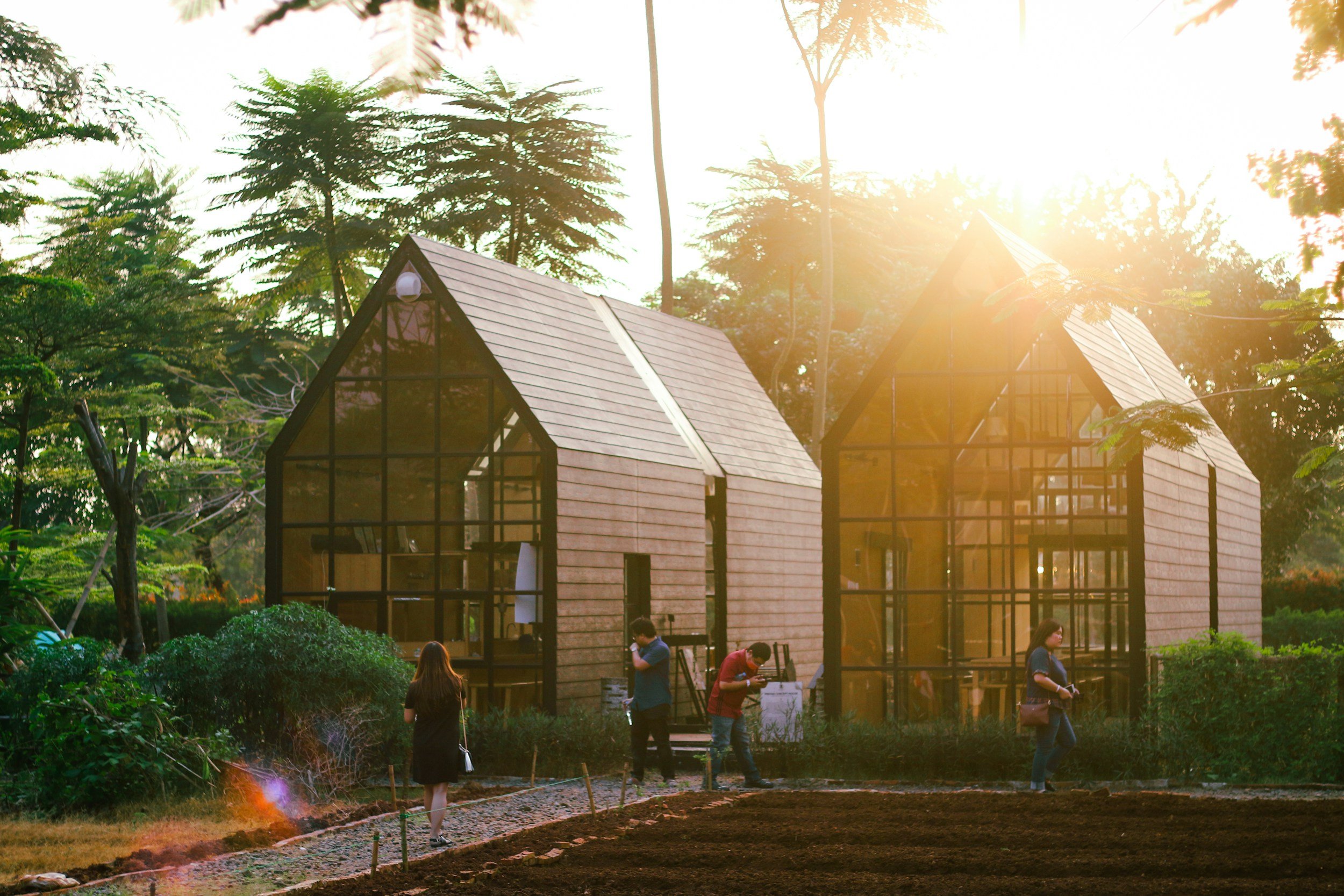



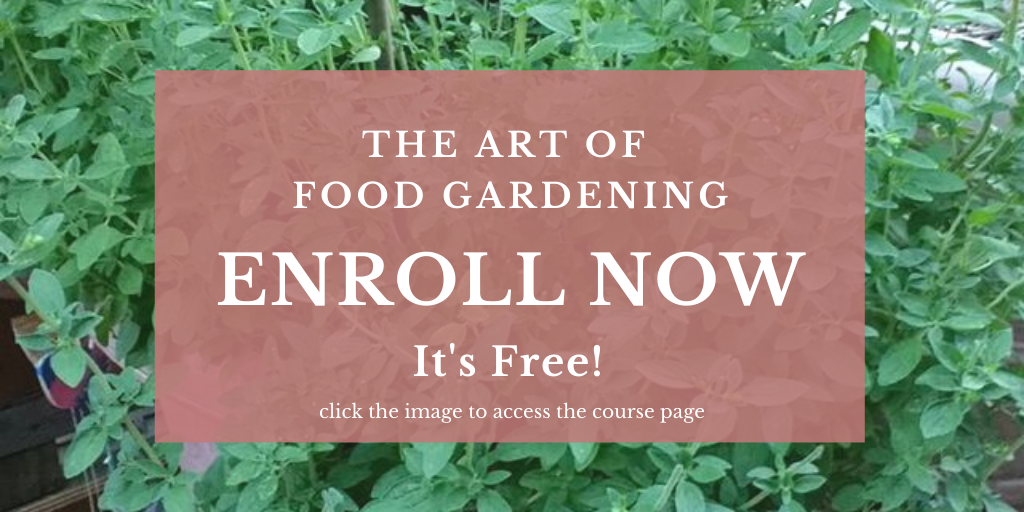





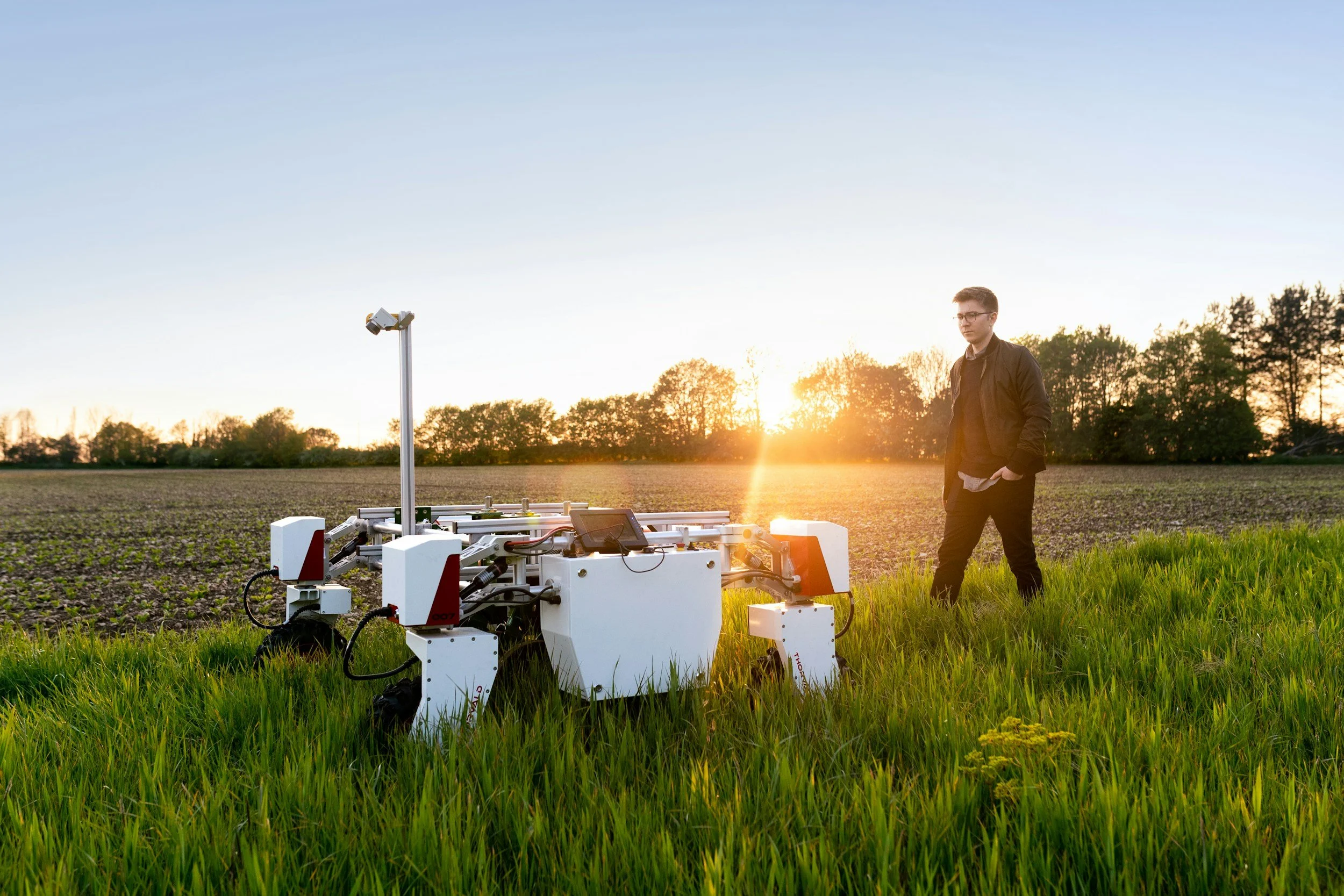








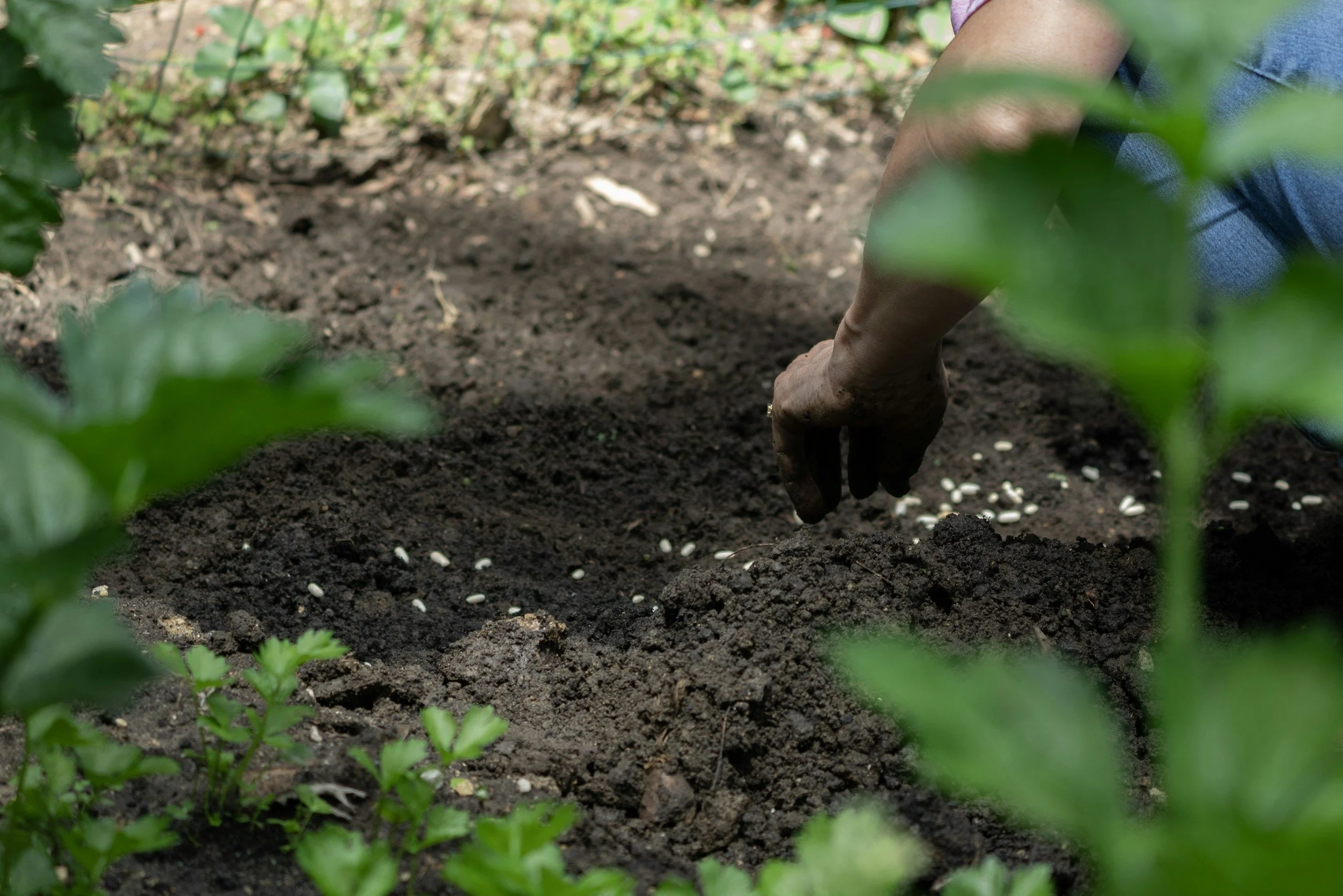














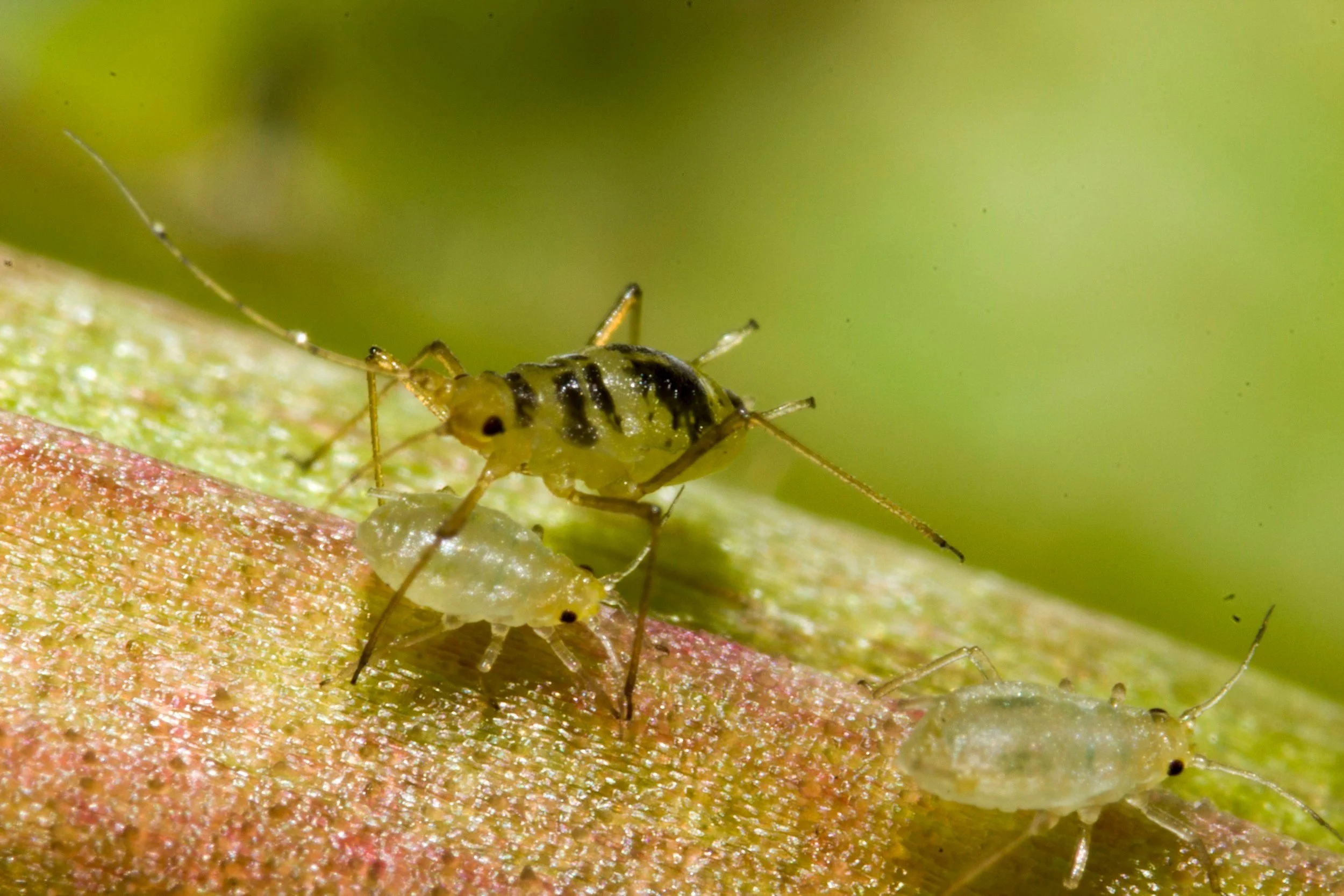






If you’ve ever turned to magazines, gardening shows, or even your local nursery’s stock to try and plan your spring garden, you’ll know it’s easy to feel overwhelmed by all the information – some of it conflicting – you can find out there. This is especially true if you’re new to gardening. As the days become warmer and longer, more people start shopping for plants and gardening supplies. It really is a perfect time to start planning a food and/or aesthetic garden, even if the weather hasn’t quite warmed up enough for you to transplant everything into beds outdoors.